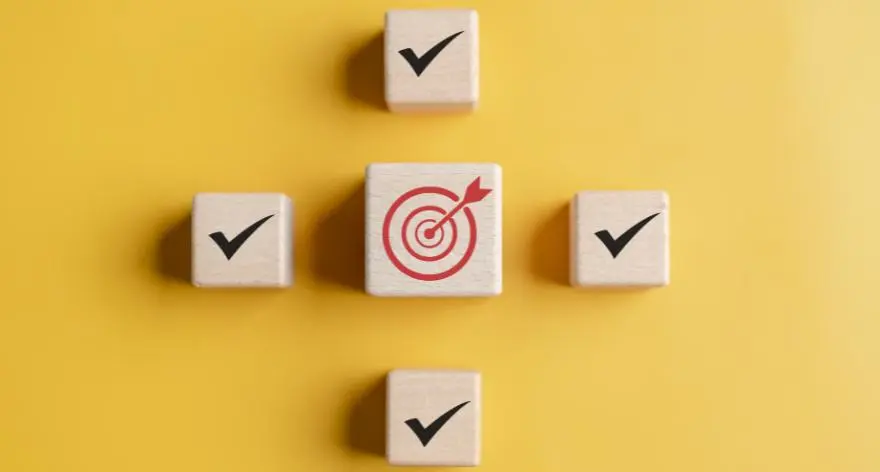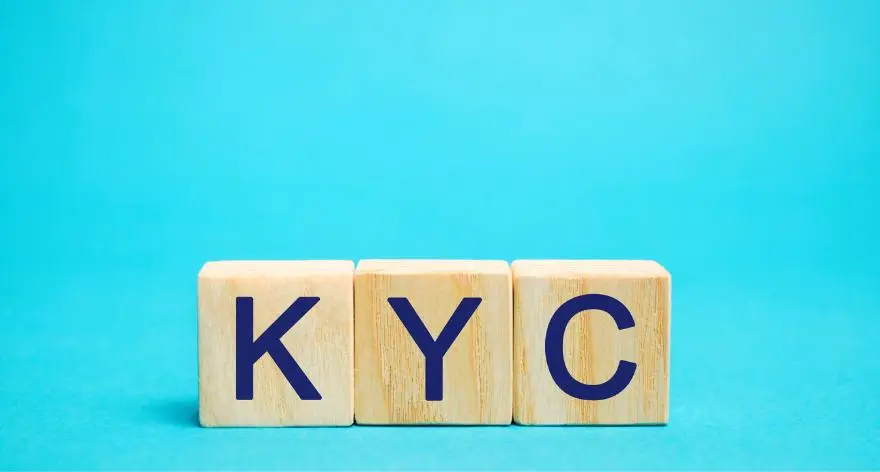Wwft - Index
What is the Wwft?
What does the Wwft mean for my company?

Conducting a Wwft check
- If the customer represents someone, you must be able to establish whether this is legal
- The ultimate beneficial owner of the customer (the UBO)
- The purpose of the customer
- Gain insight into the customer's transactions and continue to monitor them
When is an extensive Wwft check mandatory?
A Wwft check is mandatory for every new customer who approaches you. Additionally, you can also do this when there is doubt about whether the customer is providing the correct data, but also if there is a risk that the customer is laundering money or financing terrorism. You must always conduct a Wwft check when a customer makes one or more transactions totaling at least €15,000.
Unusual transactions and the Wwft
Earlier, you could read about large transactions, but what exactly are unusual transactions that you need to investigate? In broad terms, unusual is anything that falls outside the normal pattern of the customer. Of course, we do not mean large amounts spent at well-known supermarkets. Each customer has their own payment patterns. Anything outside of this requires extra attention. For example, consider a customer who suddenly wants to place a much larger order and has no good explanation for it. Or customers who are suddenly exchanging large amounts of currency while having nothing to do with these markets. It is also wise to be extra alert to payments to countries with a high risk and countries subject to sanctions.
Control over the Wwft
Because the Wwft is a comprehensive law that many types of companies must adhere to, there is a supervisor for each sector that enforces the Wwft. According to the Government, these are the following authorities:
Supervising Authority | Industry |
|---|---|
Belastingdienst/Bureau Toezicht Wwft | Real estate agents, appraisers, traders, pawnshops, and post address providers |
De Nederlandsche Bank | Banks, credit institutions, payment service providers (e.g., Adyen), exchange offices, electronic money institutions, life insurers, trust offices, payment service agents, crypto providers |
De Autoriteit Financiële Markten | Investment firms, investment funds, financial service providers issuing life insurance |
Bureau Financieel Toezicht | Accountants, tax advisors, notaries, and similar businesses |
De Nederlandse orde van advocaten | Lawyers |
Kansspelautoriteit | Gamlbing providers such as (online) casinos |
Wwft Implementation Decree
This executive order clarifies definitions and adds rules on trustworthiness and integrity. The full executive order is here to be consulted.
What is CCD?
Customer Due Diligence (CDD) is also known as Know Your Customer. This term literally means appropriate diligence with the customer. Every company has a due diligence obligation and therefore also a customer due diligence policy. Due diligence is about integrity and getting to know a customer or other third party better. Who does your company do business with? Can the customer or supplier pose a risk (both financially and legally)? This prevents a company from doing business with fraudulent/criminal parties.

Financial institutions often bear the greatest responsibility when it comes to due diligence processes. After all, they have the best view of a company's various financial flows and must therefore comply with the most laws regarding due diligence. Think of the Wwft, and internationally of the AML6. Many companies also fall under the sanctions law, or under all laws. A due diligence process often consists of a KYC check.
Benefits of CDD
- You comply with the Wwft law and simultaneously build an audit trail.
- Maintaining a good reputation for your company.
- Ensuring an integral business operation
Customer Due Diligence onderzoek & KYC Check
A KYC check/CDD investigation is conducted by a company before entering a new business relationship. This can be a prospect, but also potential suppliers or other third parties you want to collaborate with. With a KYC check, you ensure that the company you are doing business with is reputable and not sanctioned or poses a major business risk.

KYC checks can be carried out in multiple ways. Often, a KYC check begins with verifying the customer. Is Company A indeed Company A? Next, you will establish the shareholders, directors, and ultimate beneficial owners (UBO check). The company and the UBOs must then be screened for sanctions, and it is checked whether your company is indeed allowed to do business with this company (compliance part). This process must then be recorded in an audit trail so that supervisory authorities can verify whether all steps have been (correctly) followed. A KYC check ends in three ways. You can best compare this to a traffic light:



A KYC check is often a time-consuming process, especially when doing business internationally. Fortunately, there are many ways to speed up this process or even automate it entirely. Several options include here to be found.